
The Fundamentals of Sports Nutrition: How to Use Intuition to Improve Fueling
Data has its benefits, but only when we learn to apply an intuitive approach to our fueling can we unlock the most efficient and healthy sports nutrition habits.

Data has its benefits, but only when we learn to apply an intuitive approach to our fueling can we unlock the most efficient and healthy sports nutrition habits.
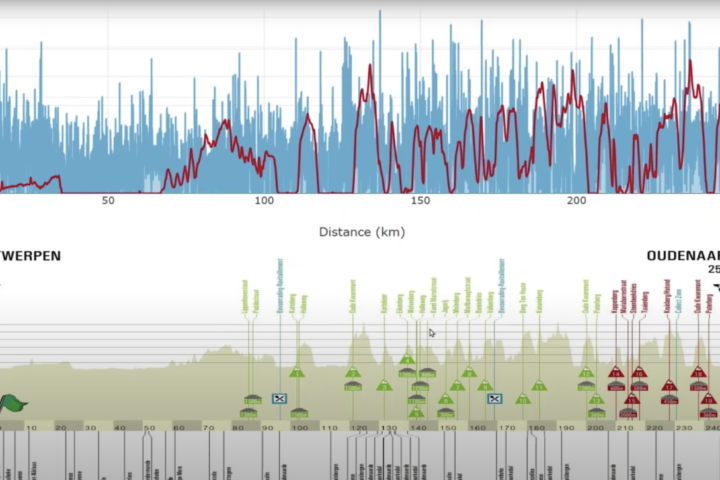
Crunching numbers is one thing, but if you want to turn data into victory, here are a few key things you should do and a few things to avoid.

HIT has many proven benefits and several big limitations. Trevor Connor explores how HIT works, its effects, and the most effective high-intensity interval workouts you can choose for specific gains.

Stage races and other multi-day events offer special challenges, particularly when it comes to recovery. We explore three of the key elements to maintaining good performances day after day.
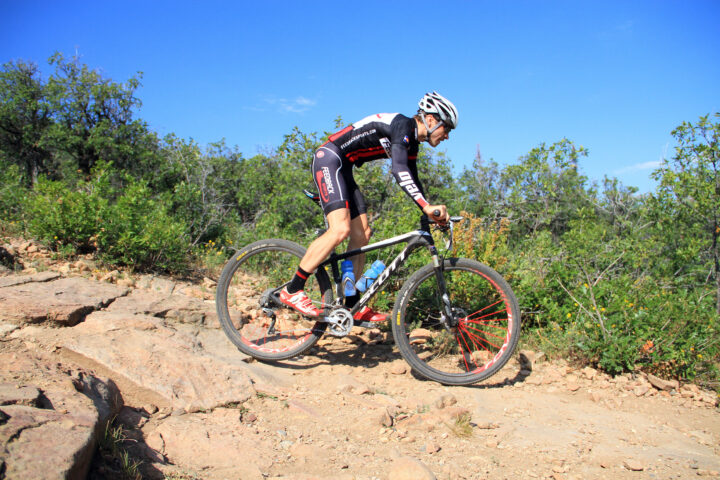
These simple, critical tips from a veteran mountain bike coach will help you reduce race-day stress, increase enjoyment, and improve your chances of a great performance at your next off-road event.

Are you tempted to throw out those five-hour rides—not enough time or willpower, or maybe you find them boring? Don’t do it! Trevor Connor explores the adaptations that can only be gained from long, slow miles.

Training and racing at elevation can have a significant impact on performance. We explore some ways to improve your preparation for races at altitude.

Exogenous ketones reached “super fuel” status in 2016. Since then, research hasn’t been so positive. We explore the potential benefits of supplementation with ketone esters.

Eating properly for the demands of endurance sports can be challenging, especially if you’re new to sport. We explore common misconceptions and pitfalls for the beginner endurance athlete.
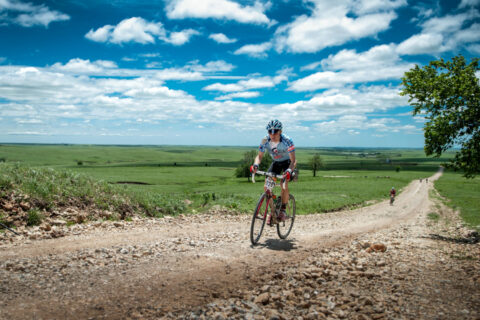
We explore the training, pacing, sleep strategies, and psychology of ultra-cycling events.
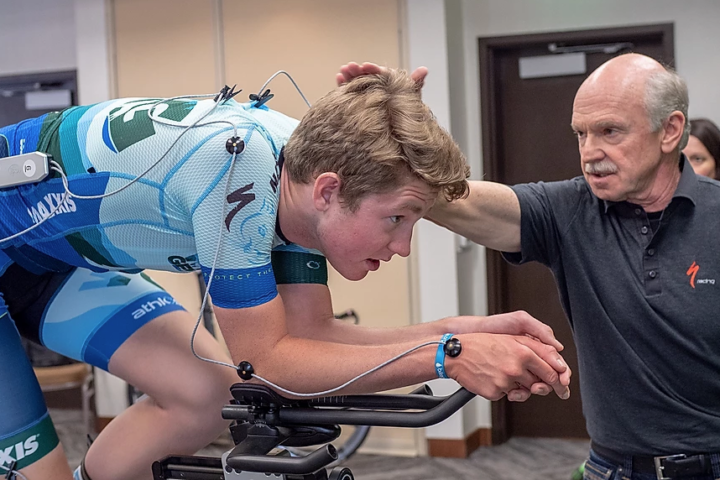
Finding a good bike fitter can be challenging. Dr. Andy Pruitt, a pioneer in bike fit, explains the many nuances of choosing the best fitter for you.

Long-held beliefs about the benefits of massage are not backed by science. But that doesn’t mean you should stop seeing your favorite therapist. We explain.
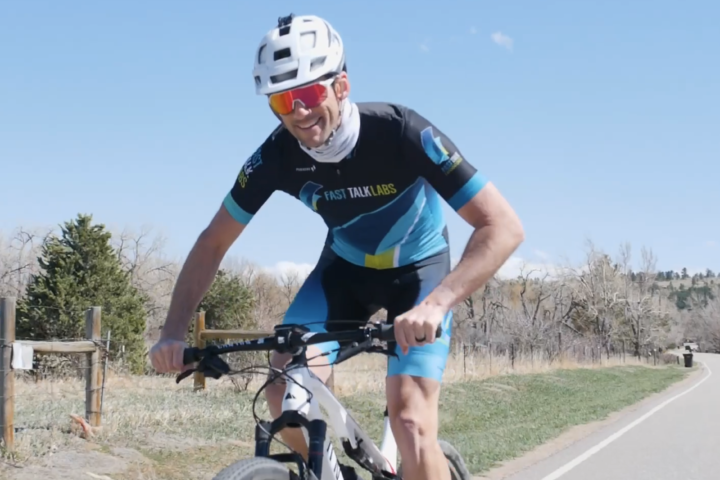
Just because you have limited time doesn’t mean you can’t create a training plan that involves an overload stimulus. We show you how.

We explore the skills, techniques, and pacing strategies you need to take on any gravel event.
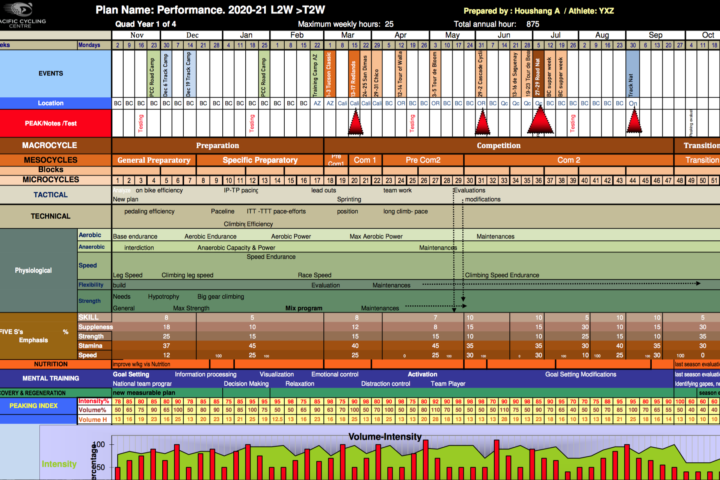
We review the art and science of developing and maintaining an annual training plan, which helps athletes progress and perform at their best.

Many tools and techniques promise recovery benefits. But the science suggests that the fundamentals—sleep and nutrition to fuel the brain—may be the best place to invest.
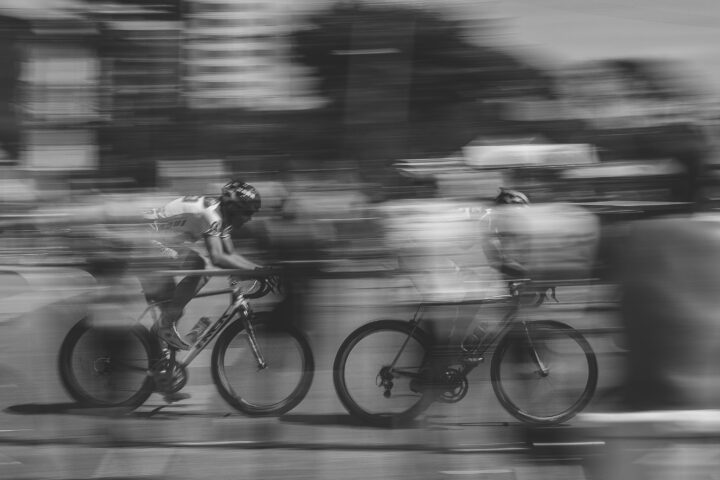
We explore whether Strava and other new training apps can make you faster, and how to effectively fit them into a structured training plan.
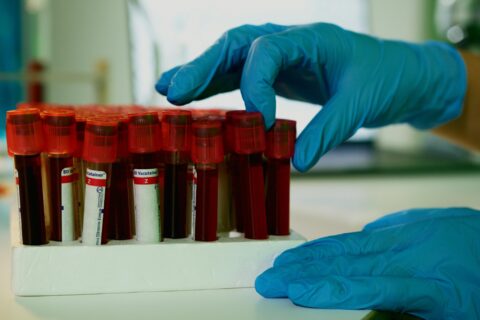
A blood profile can help athletes track progress and diagnose issues—but they need to know what to look for and work with a physician to interpret the data. This article will help to demystify your blood profile.
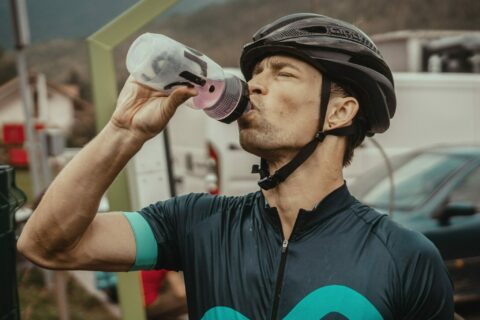
Few topics in endurance sports are more misunderstood and draw more ire than hydration and electrolyte sports drinks. Trevor Connor explores the biochemical mechanics to show what happens when we drink salty sports drinks.
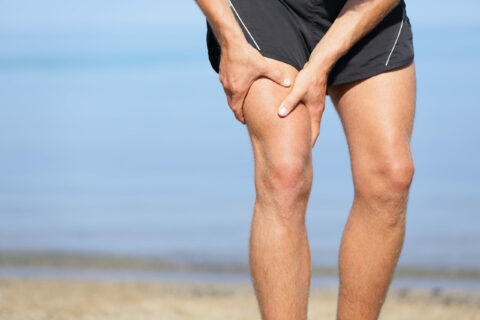
Dehydration? Electrolyte imbalance? Heat? None of these actually causes cramping, according to new theories. Coach Trevor Connor takes a closer look.
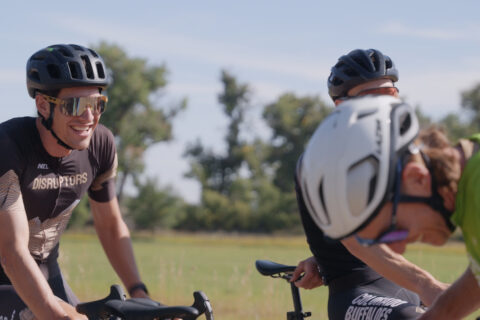
Every athlete of any ability level can benefit from the guidance of a good coach. We explore the coach-athlete relationship, and offer advice on how to reap the greatest rewards from working with a coach.